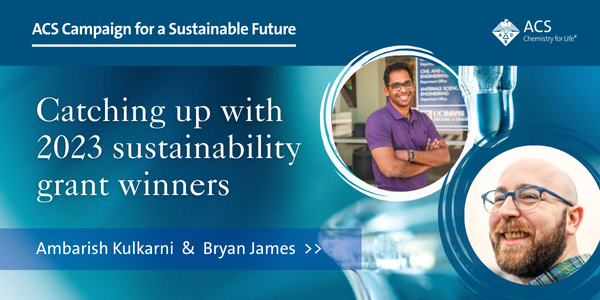Latest News
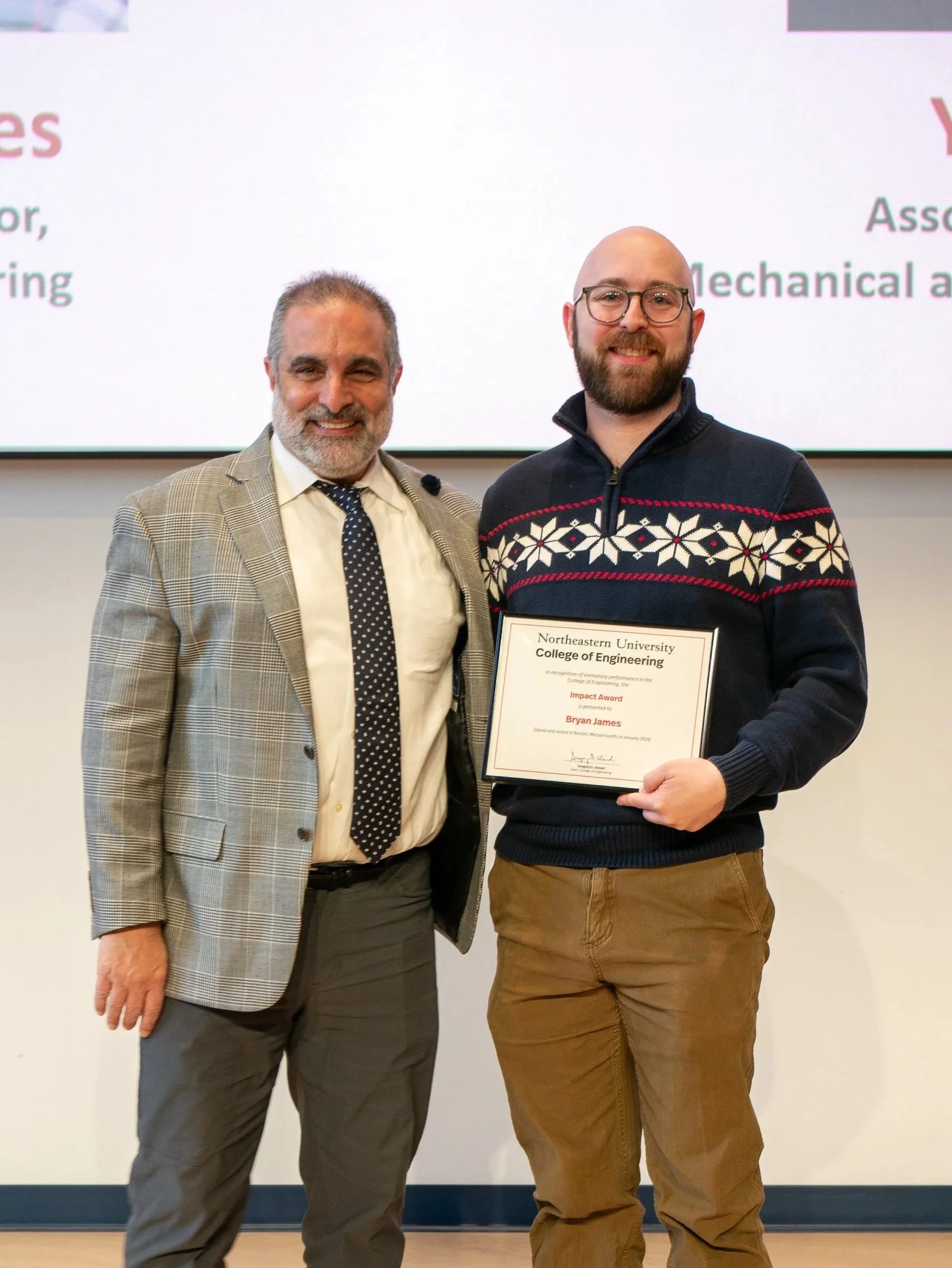
Bryan receives COE Impact Award!
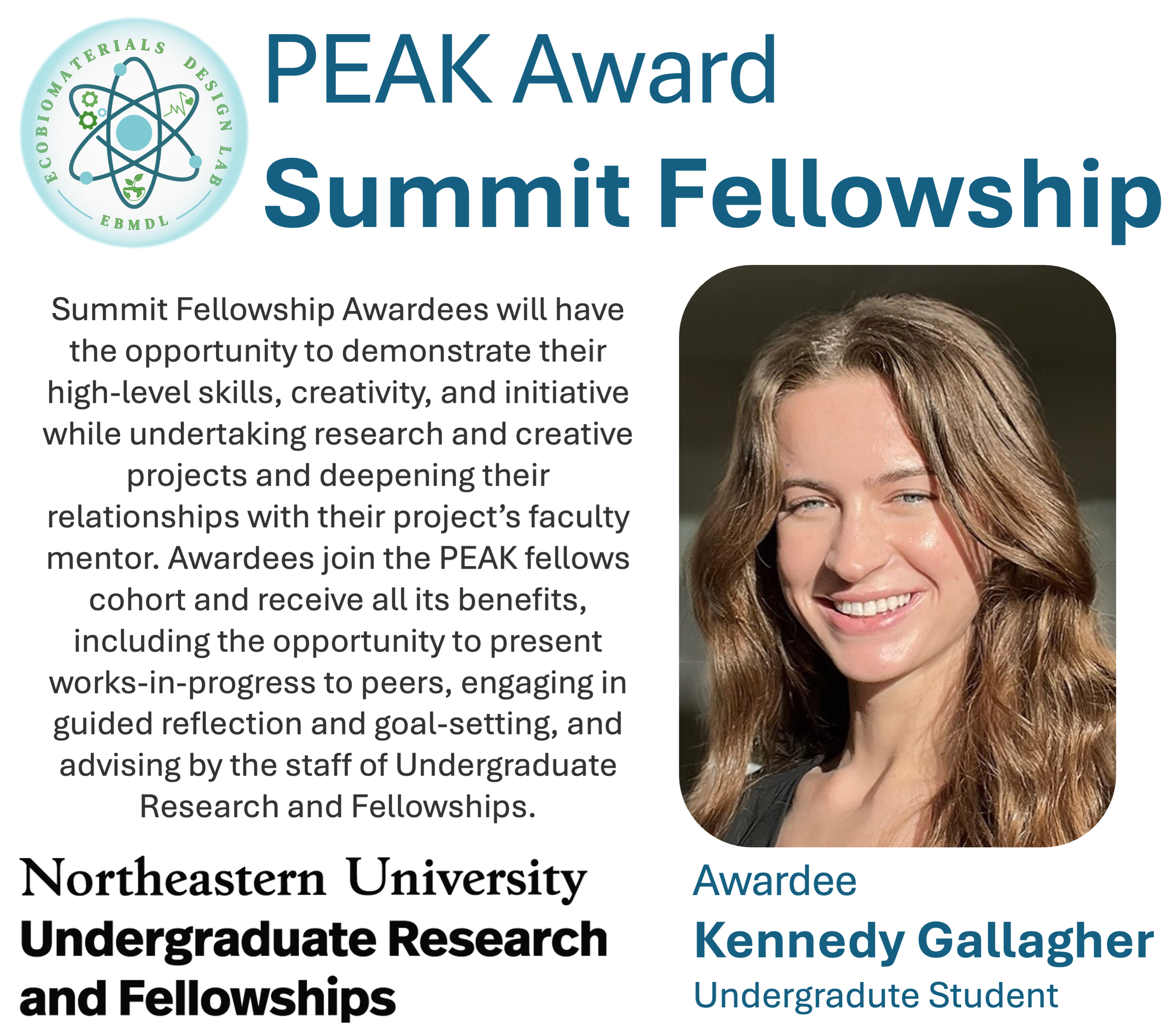
Kennedy awarded a PEAK Summit fellowship

Bryan’s paper covered by EOS and C&EN!
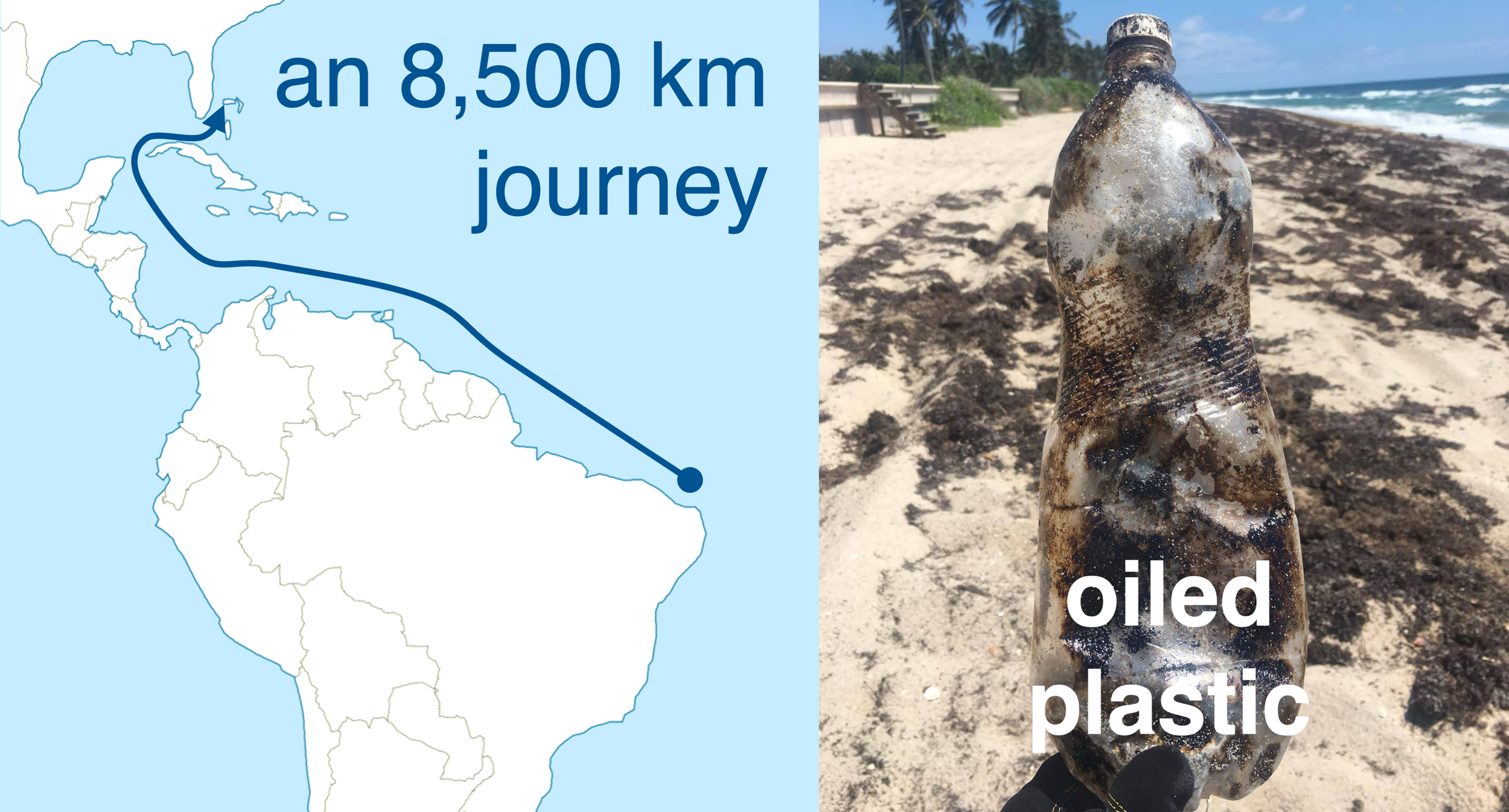
Bryan has paper published in ES&T
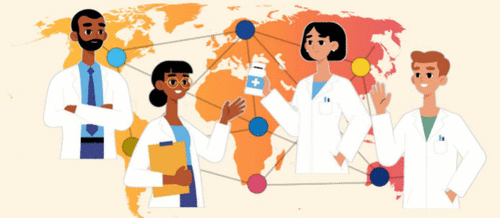
Bryan has editorial published in ACS Central Science

Joelis presents at AIChE 2025
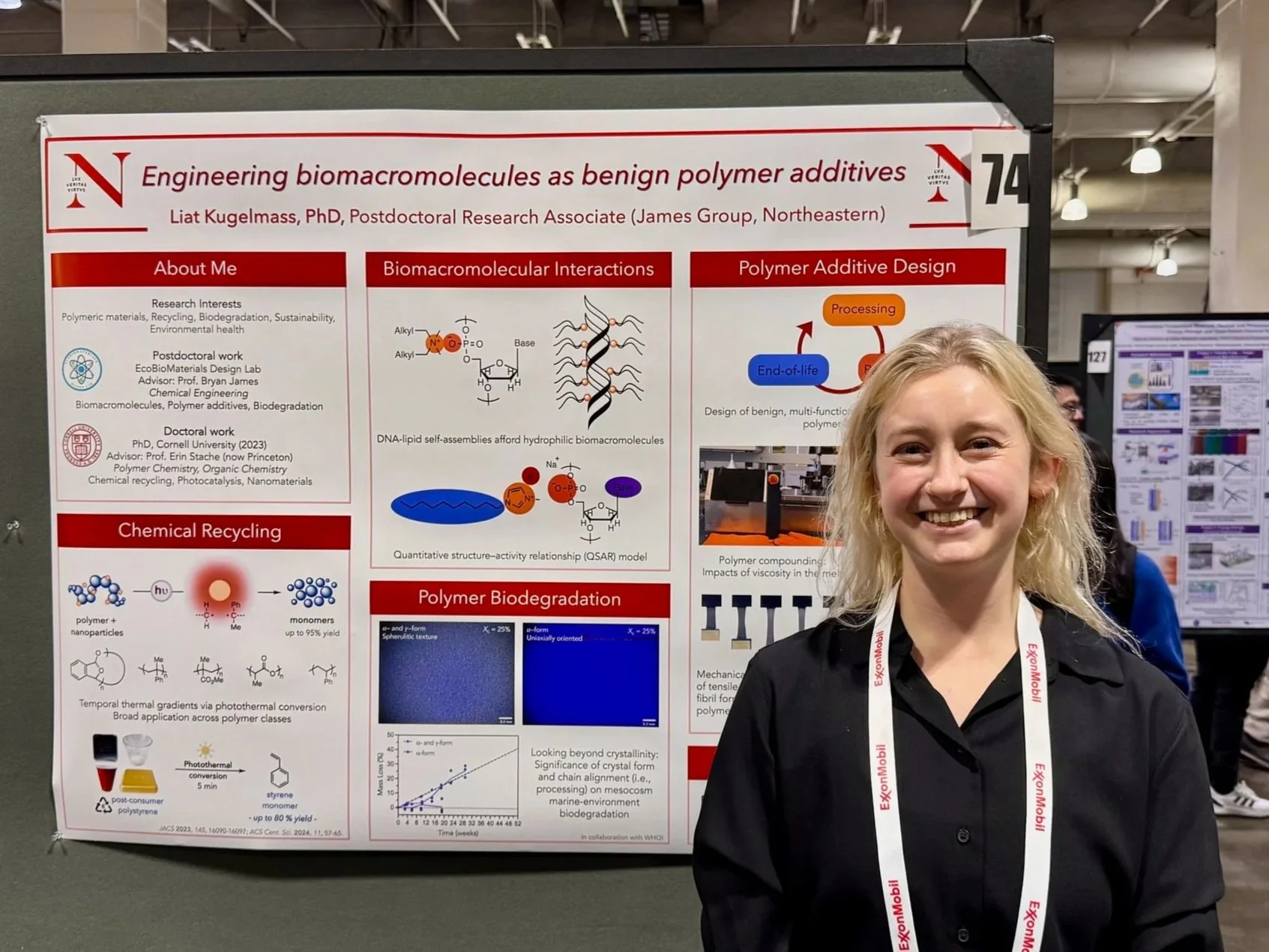
Liat presents at AIChE 2025
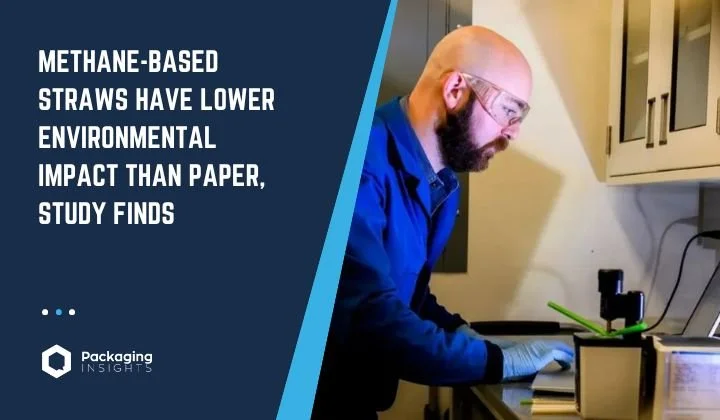
Research highlighted by Packaging Insights!
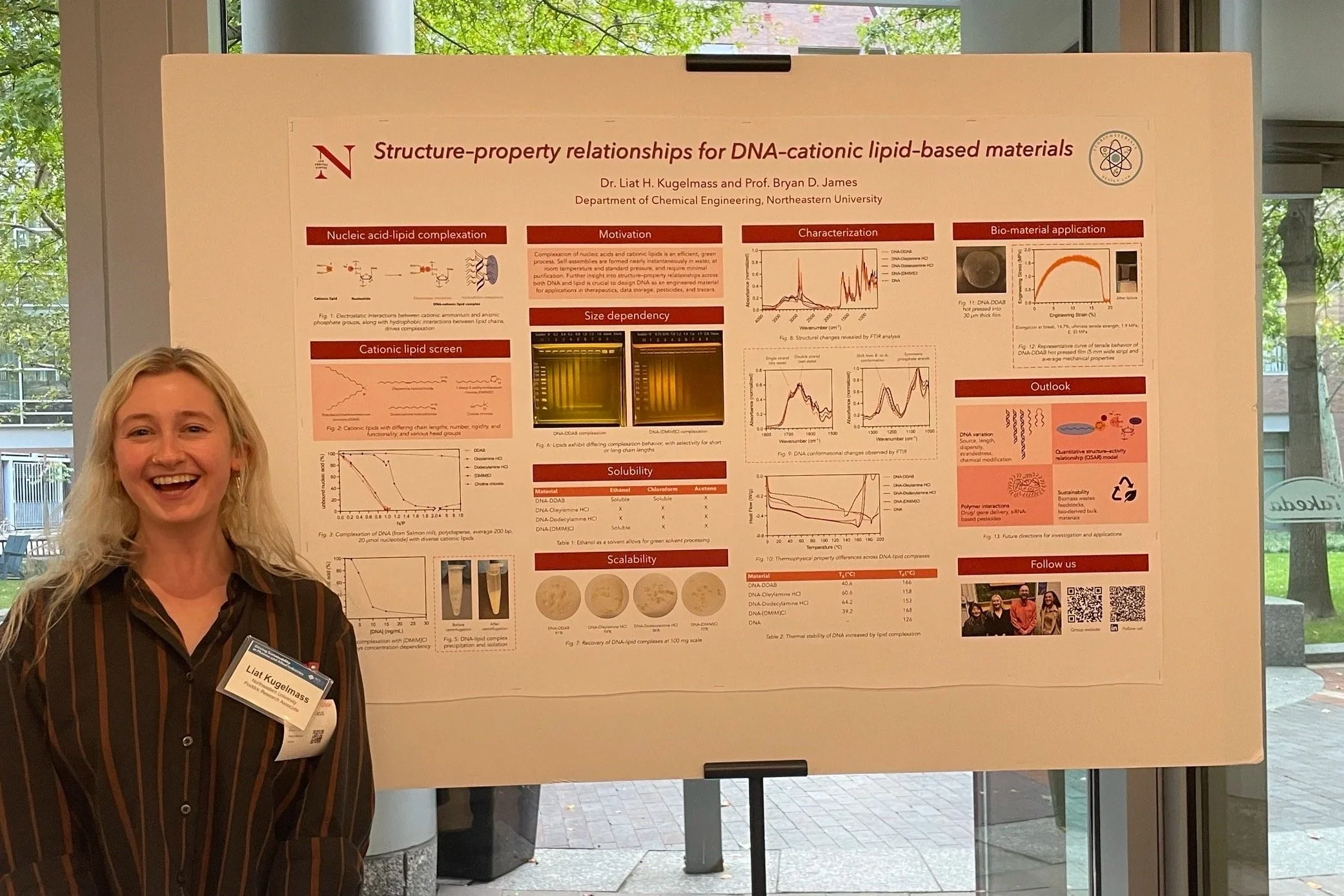
Liat presents at ACS GCI Pharma Roundtable event

Research highlighted by Anthropocene Magazine

New Lab Member!
Welcome Annabel Saunders to the EcoBioMaterials Design Lab!

Recent paper covered by Northeastern Global News

EBMDL Visits the Nature Lab at RISD
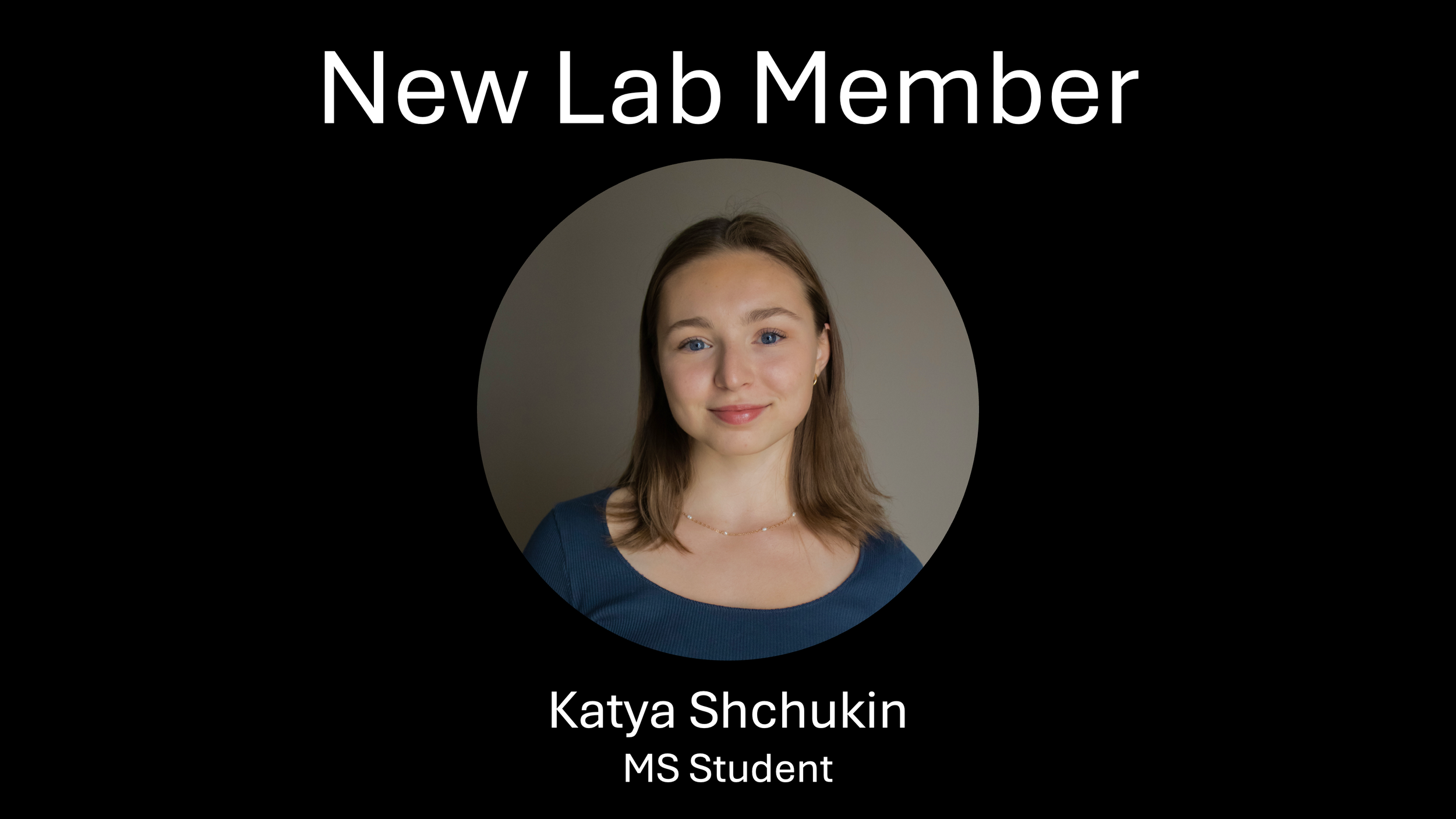
New Lab Member!
Welcome Katya Shchukin to the EcoBioMaterials Design Lab!
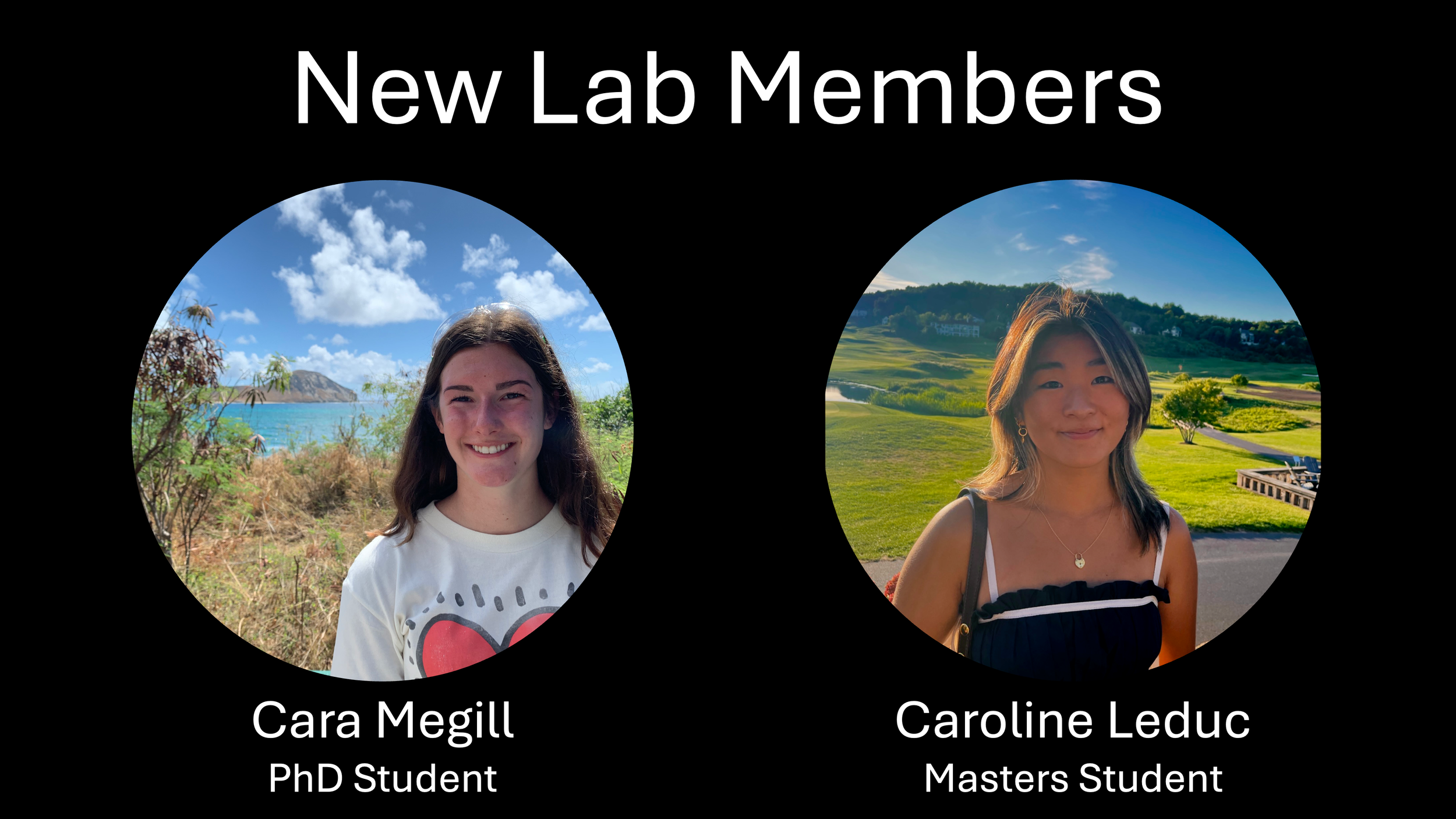
New Lab Members!
Welcome Cara Megill and Caroline Leduc to the EcoBioMaterials Design Lab!
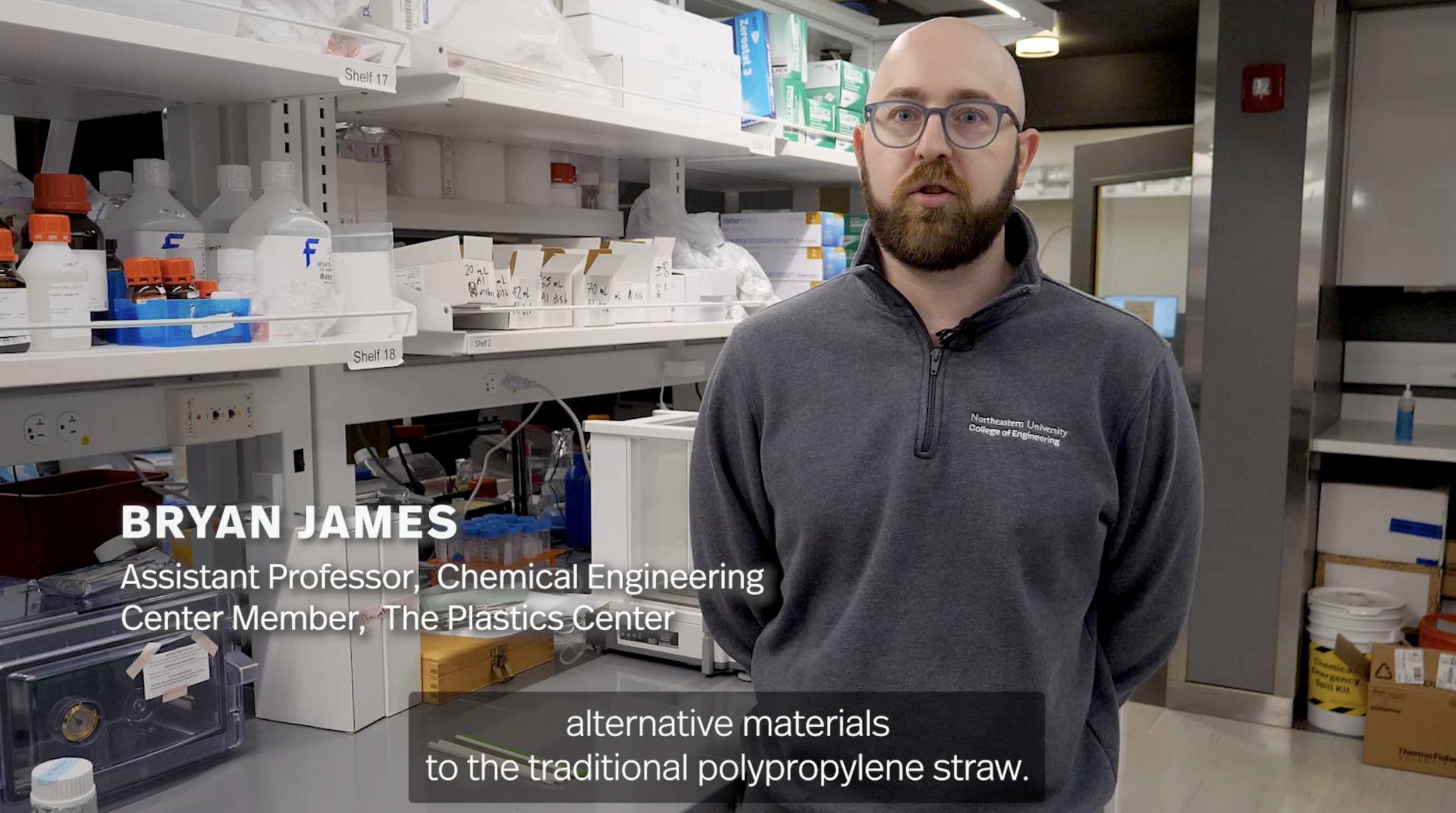
Bryan is interviewed by NU COE about recent ES&T paper on drinking straws
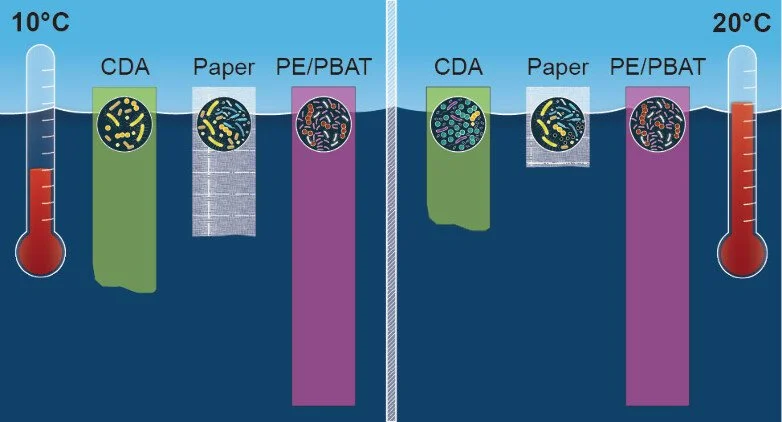
Bryan and WHOI team have paper published in ES&T

Bryan featured by NU COE
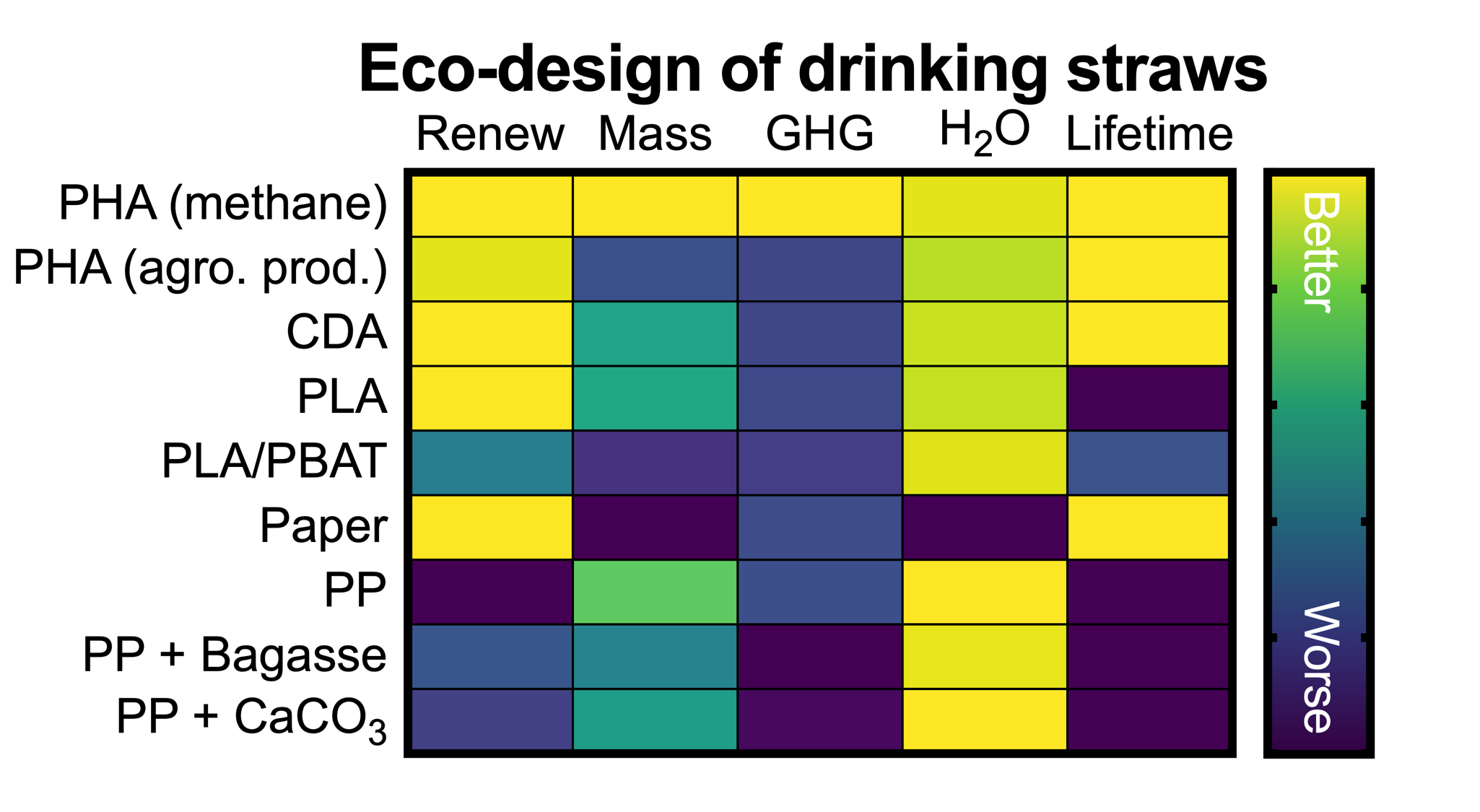
Bryan has paper published in ES&T
